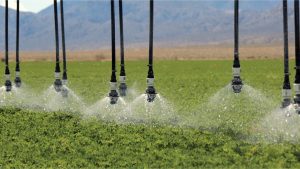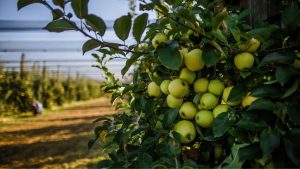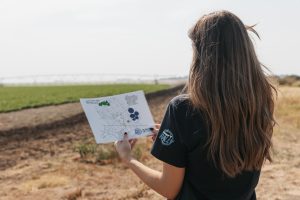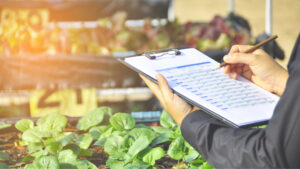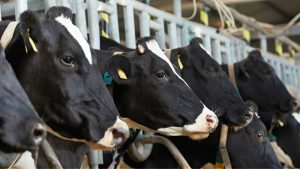Precision Agriculture

As a company dedicated exclusively to agriculture, Delta Agrar deeply cares about ecological sustainability. We are actively working to implement the latest methods and technologies in our industry.
Therefore, precision agriculture is becoming a key component for creating sustainable agriculture.
Through the use of various technologies, precision agriculture allows us to collect data faster, make better decisions, and use resources more efficiently, which significantly improves the quality and quantity of agricultural products.
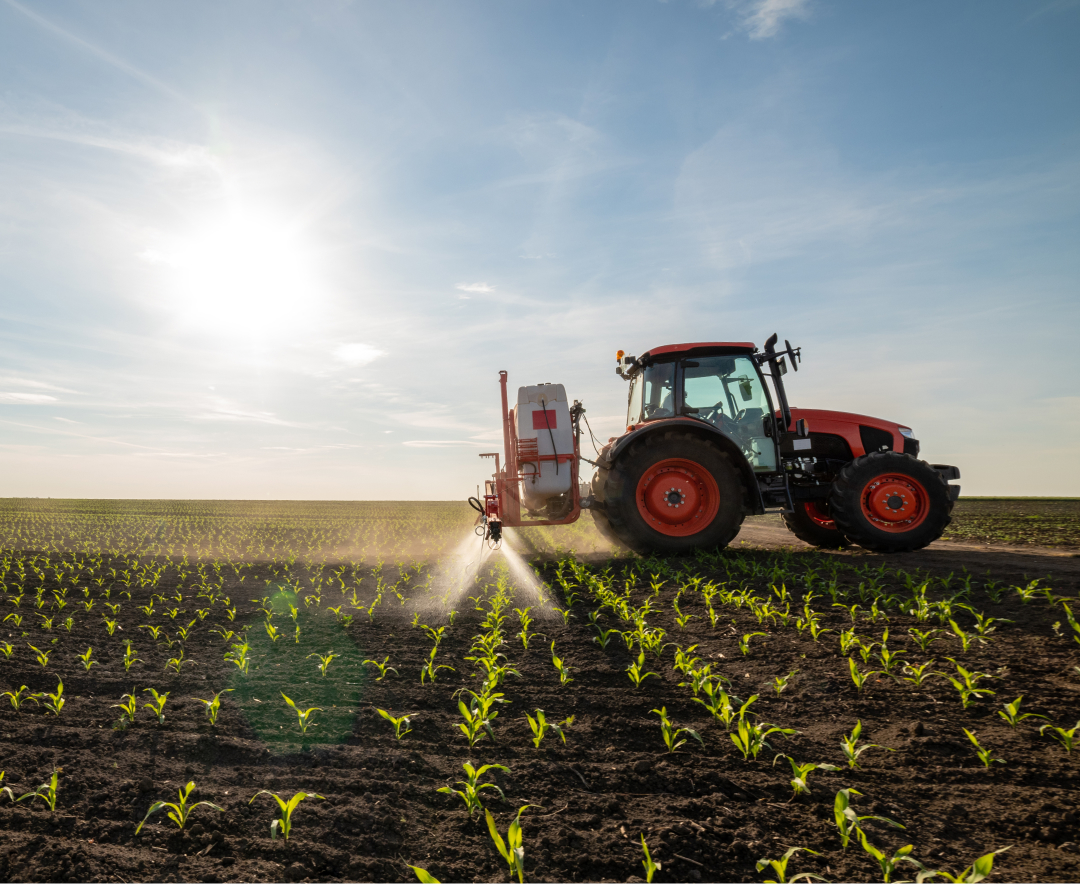
We have formed a specialized team within Delta Agrar that works on creating maps for variable seeding, fertilization, and other key aspects of agricultural production. Additionally, we use variable seeders, fertilizer spreaders, and smart sprayers with section control, and on our latest combines, we use telemetry to create yield maps.
We have acquired drones that we use for crop protection treatments, applying them to various crops.
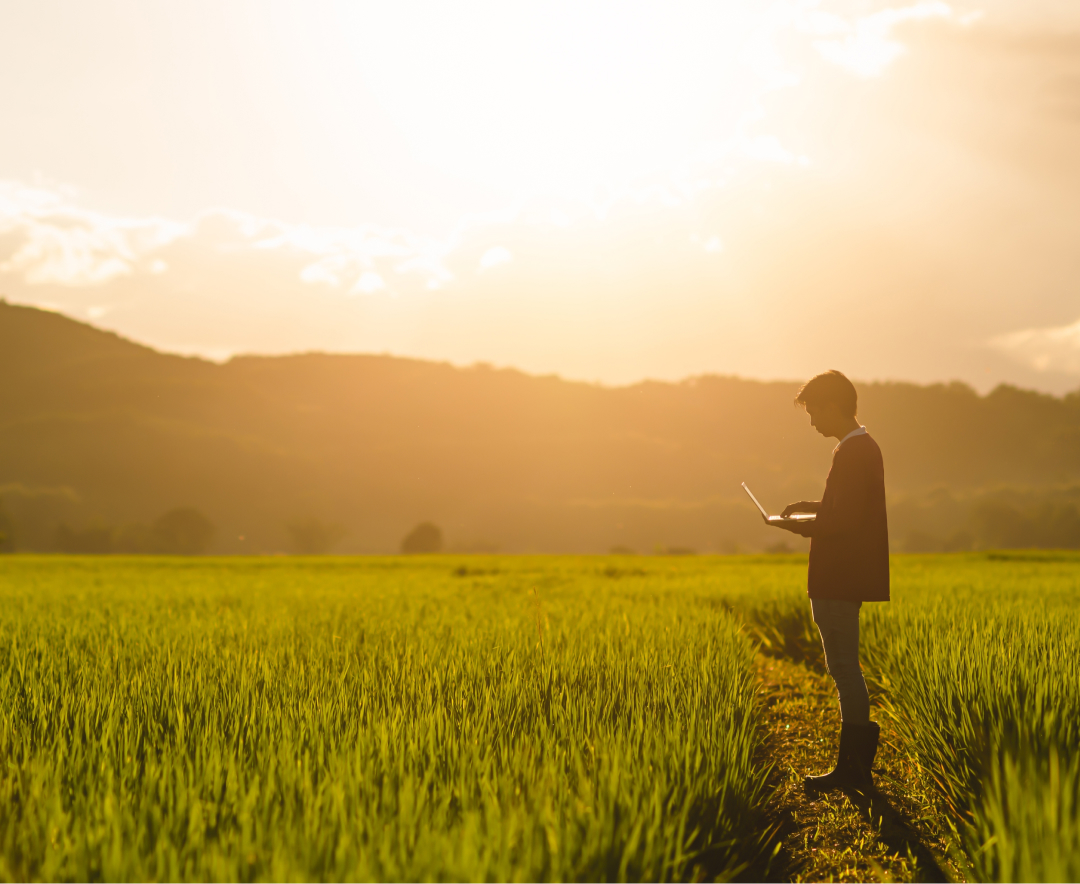
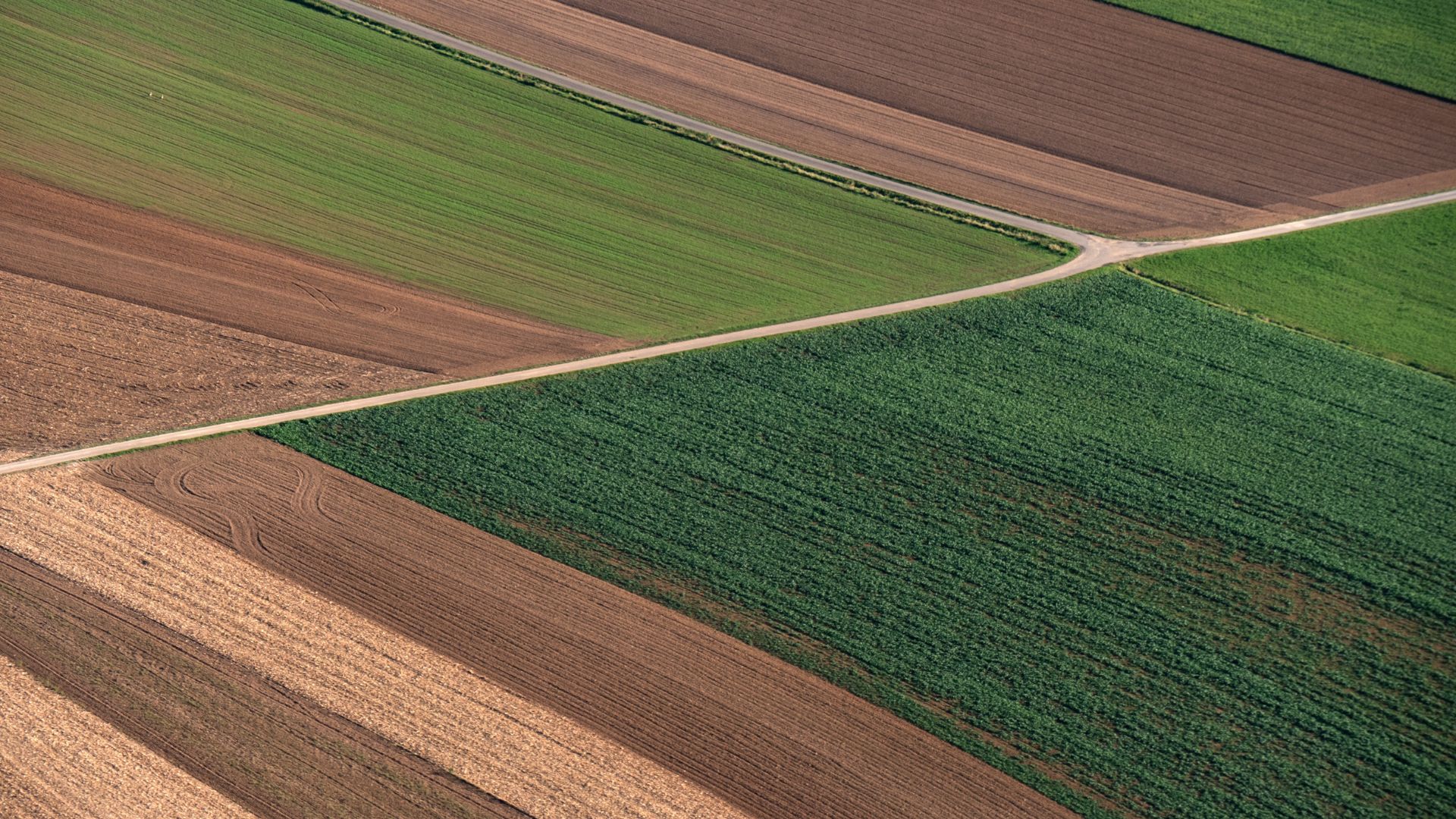
Soil Mapping
By mapping the soil, we better understand the characteristics of the land, manage resources more efficiently, and monitor the entire harvest process, ensuring high quality and top results.
We use the most advanced technology to collect soil data, including information on soil structure, moisture levels, micro-locations, and other relevant factors.
This data is used to create detailed maps of plots and fields. Mapping enables precise planning of sowing, fertilization, and crop protection. It helps us identify problems early, such as diseases or pests, and take appropriate measures.
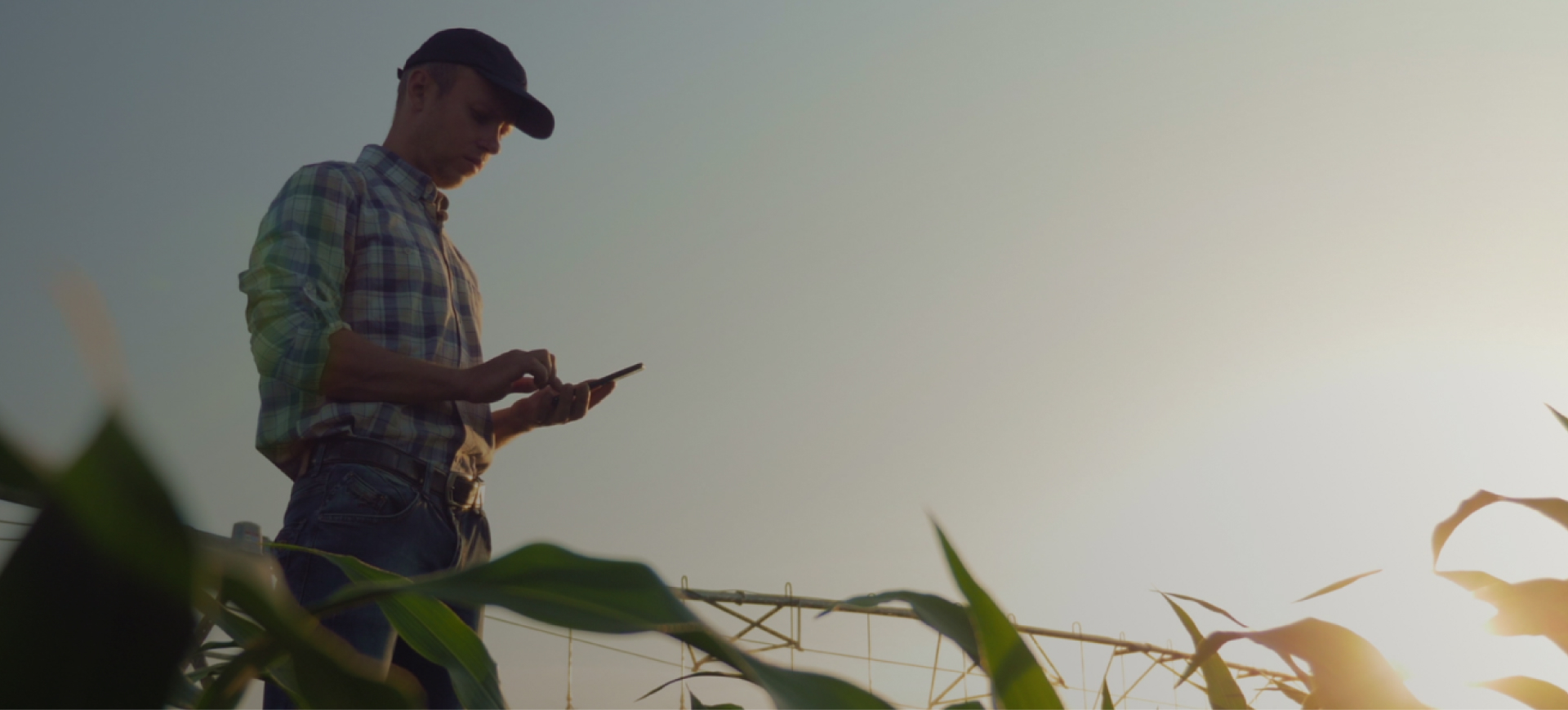
Variable Seeding and Fertilization
We use data obtained from detailed soil mapping to adjust the seeding and fertilization process for each part of the field. This means that crops receive exactly the amount of seed and fertilizer they need, based on the specific characteristics of each plot.
This practice allows for maximum resource utilization, increases yields, reduces production costs, and minimizes harmful environmental impacts.
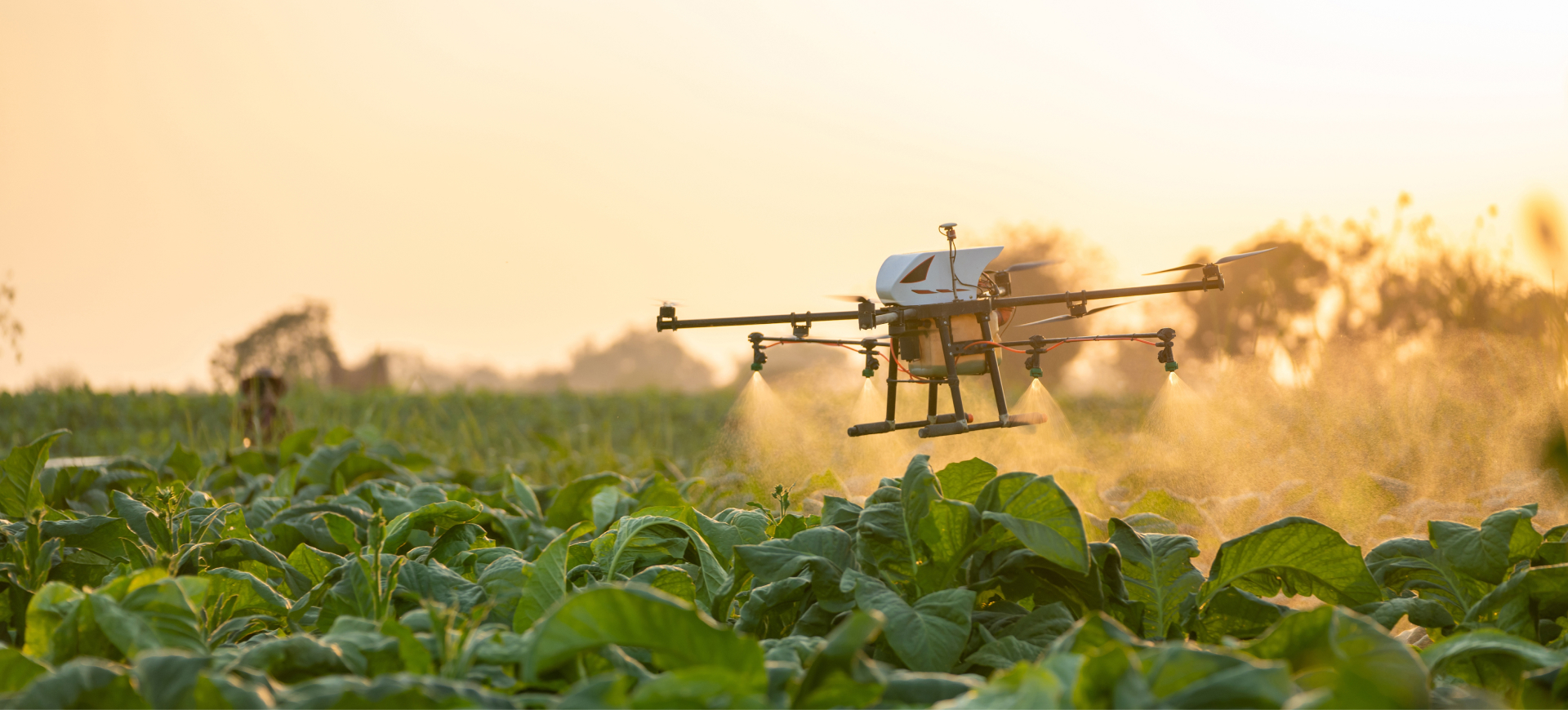
Drone Spraying
By applying drones for crop protection, Delta Agrar aims to achieve high levels of precision and efficiency.
Drones allow targeted application of pesticides or herbicides to parts of the field where it is needed, instead of excessive chemical use across the entire field.
This method reduces the use of plant protection products, preserves the environment, and reduces the risk of contamination, achieving a high level of crop protection and optimal quantities of applied chemicals.

